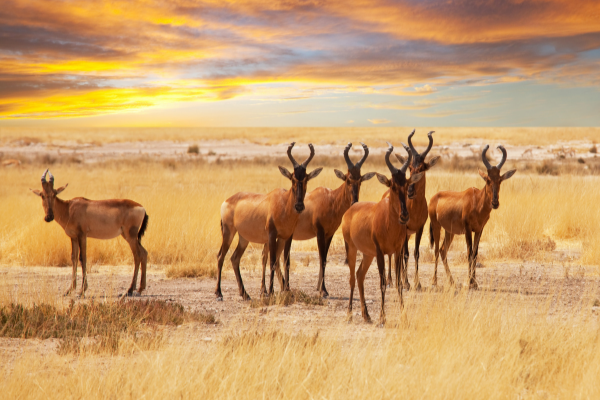We have a huge jeer for a study released today suggesting consuming “sustainably sourced” wild meat instead of meat from domestic livestock reduces greenhouse gas emissions and protects tropical forest systems.
The researchers—from The University of East Anglia and Brazil’s Universidade Federal do Mato Grosso do Sul—should be encouraging people to consume plants instead of ambushing and killing wildlife especially when we are in a pandemic caused by a zoonotic disease.
Encouraging anyone to consume meat from wildlife is particularly mind-blowing to Friends of Animals because we have been urging Congress to approve legislation that would shut down global commercial wildlife markets and help stop the spread of zoonotic diseases.
The study blames 150,000 local people in the Amazon and Africa who should “sustainably” eat wildlife instead of livestock. You would think the study’s authors would know these people are merely threads on the periphery of an enormously larger problem. The study identifies the Amazon as a key problem area, and it is, but not in the way the study suggests. Right now, there are about 55 million cattle in Brazil, many of them on grasslands that were recently part of the Amazon until the land was “improved” with fire and clear-cutting. Brazil has more cattle than any other country, and Brazilian companies such as JBS and BRF are among the world’s most prosperous meat merchants.
And it isn’t those 150,000 local people who are consuming the big share of wildlife. Most of the poached wildlife goes to wild animal “wet” markets near large urban centers, such as Lagos, Nigeria (Nigeria is one of the study countries). Lagos has a population that exceeds 15 million. Bush meat is hemorrhaging into the meat markets of major metropolitan areas. Local consumption by people in remote areas is relatively insignificant by comparison.
Many hunted species are already threatened with extinction due to habitat loss. The amoral reported study would only impose an even greater burden on wild animals.
Not to mention that three out of every four new or emerging infectious diseases in people come from animals. They are transmitted from animals to other hosts to humans or directly to humans after contact via slaughterhouses, hunting, poaching and trade in wildlife wet markets. These diseases have killed more than 32 million humans.
FoA has written international officials at the United Nations, World Health Organization and Congressional representatives urging the closure of these markets. We are supporting a bill introduced by Senator Corey Booker that would direct the State Department to work with international partners to shut down commercial wildlife markets and stop the associated wildlife trade, end the import, export and sale of live wildlife for human consumption in the U.S. and phase out demand for wildlife as a food source.

